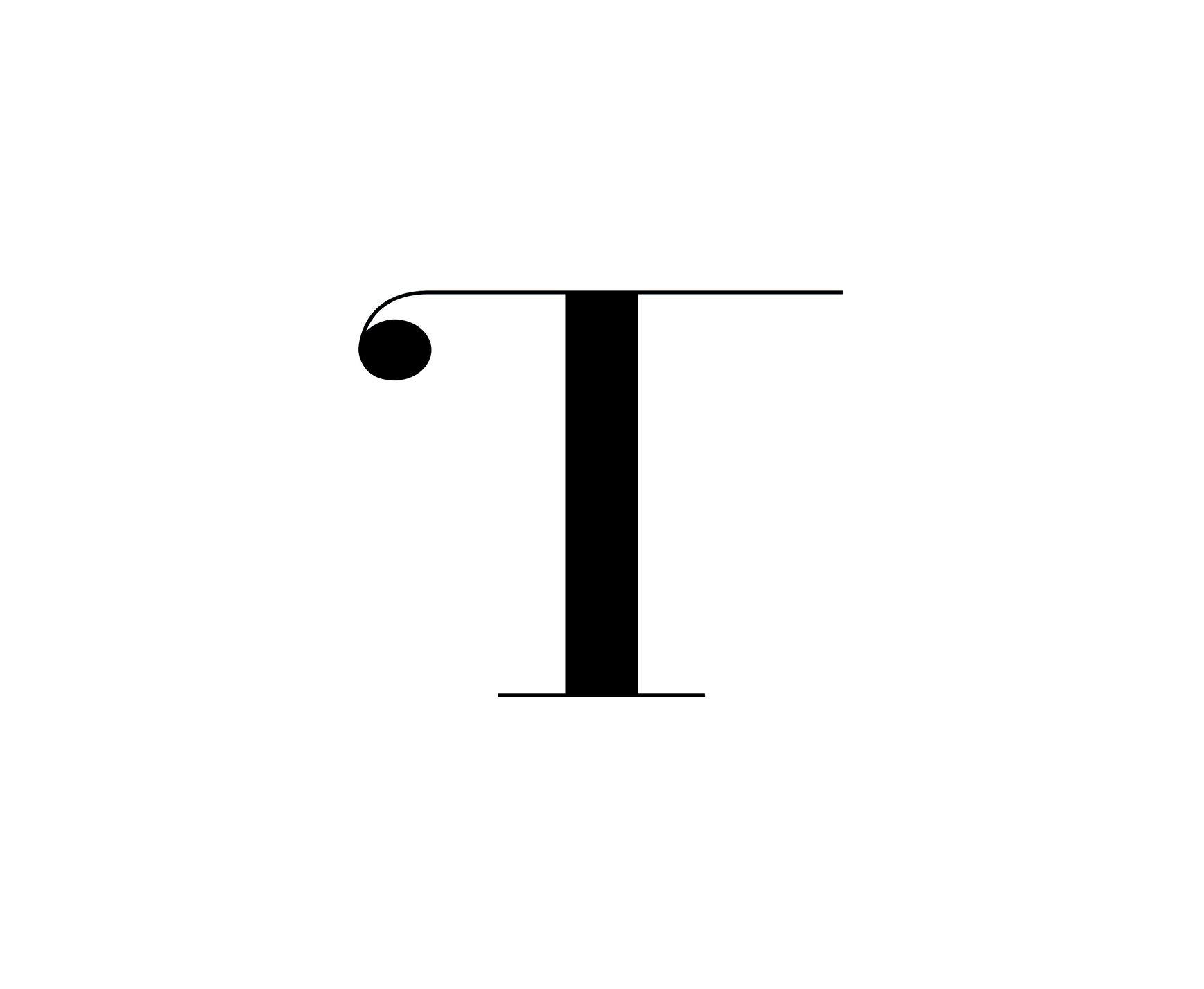Putin says Russian soldiers in Ukraine 'defending Russia's future'
Moscow, Russia (AFP) February 23 - Russian President Vladimir Putin said Sunday his soldiers in Ukraine are defending "national interests" and vowed "unchanged" determination to strengthen the country's armed forces in a rapidly changing world.
The comments come ahead of the third anniversary of Russia's offensive in Ukraine, which triggered the deadliest armed conflict in Europe since World War II.
In this pool photograph distributed by Russian state agency Sputnik, Russia's President Vladimir Putin delivers his annual state of the nation address at the Gostiny Dvor conference centre in central Moscow on February 29, 2024. (Photo by Gavriil GRIGOROV / POOL / AFP)
"Today, at the risk of their lives and with courage, they are resolutely defending their homeland, national interests and Russia's future," Putin said in a video released by the Kremlin on Russia's Defenders of the Fatherland Day.
"We will continue to improve the combat capabilities of the army and navy, their combat readiness as an essential component of Russia's security (and) guarantee of its present and future sovereignty," he said.
Russia has seen accelerated rapprochement with the United States under President Donald Trump, with whom Putin spoke for an hour and a half by phone on January 12.
Since then, the first Russian-American talks have taken place in Saudi Arabia, with the Kremlin saying it wanted to resume dialogue with Washington "on all parameters".
Putin said on Sunday that he wanted to give his armed forces "new, modern models" of weapons and equipment.
In November 2024, his troops fired a previously unknown experimental hypersonic missile called "Oreshnik" against Ukraine.
Ukraine was attacked by Russia on February 24, 2022, with the Kremlin claiming to be protecting itself against the threat of NATO and preventing the organisation's expansion.
"Today, at the risk of their lives and with courage, they are resolutely defending their homeland, national interests and the future of Russia," Putin said Sunday.
The third year of the Ukraine war in facts and figures
The last year of war in Ukraine -- a conflict about to enter its fourth year -- was marked by billions in aid, Ukraine seizing Russian territory and Moscow using a new hypersonic missile.
On February 16, US president Donald Trump said he could meet Russian counterpart Vladimir Putin "very soon" to discuss ending the fighting, raising fears in Kyiv and Europe that they are being sidelined.
Here are some key facts and figures that have marked this past year of war -- the third since the fully fledged Russian invasion of February 24, 2022.
- Kursk -
Ukraine has gained control of hundreds of square kilometres (miles) of western Russian territory since launching a lighting offensive in the border region of Kursk in August 2024.
In the early stages of the offensive, Ukraine said it had seized up to 1,400 square kilometres (540 square miles) of Russian territory.
A Russian counter-offensive means they have since lost around two thirds of that and now control about 500 square kilometres.
Hundreds of Russian civilians did not have time to evacuate and still live near the combat zone, cut off from their families and from the rest of Russia.
Ukrainian President Volodymyr Zelensky recently said Ukraine's hold on the Russian territory was "important" in terms of any future negotiations, an idea rejected by the Kremlin.
- North Koreans -
The suspected involvement of a foreign army has been seen as a major escalation of the conflict.
Ukraine, the United States and South Korea have said that, beginning in October, North Korea sent more than 10,000 troops to help Russian forces in the Kursk region.
Neither Moscow nor Pyongyang have confirmed this.
Kyiv recently said it believed the North Koreans had been withdrawn, following heavy losses, but then said they were again fighting in the region.
Seoul's intelligence services said in January that around 300 North Korean soldiers had been killed and 2,700 injured.
Pyongyang has also been accused for months by Kyiv and the West of providing artillery shells and ballistic missiles to Russia.
- Oreshnik -
On November 21, Russia used its new hypersonic missile, nicknamed Oreshnik, for the first time.
It targeted the city of Dnipro in eastern Ukraine in response to Ukrainian attacks with US and British long-range missiles.
For this unprecedented attack the experimental weapon was not armed with a nuclear warhead.
But it can be equipped with one and hit targets thousands of kilometres away.
Putin has threatened to use the Oreshnik against "decision-making centres" in Kyiv.
- 4,360 square kilometres -
Russian forces have advanced by 4,360 square kilometres in Ukraine since February 24, 2024.
That is nearly 22 times more than during the second year of the war -- 2023-2024 -- when they took 200 square kilometres, according to an AFP analysis of data published this month by the US-based Institute for the Study of War.
Nearly three quarters of the territory taken by the Russians are in the eastern region of Donetsk, where Moscow's troops said on February 7, 2025, to have taken the key mining town of Toretsk.
Russian forces are also at the gateway of Pokrovsk, a key logistical hub for the Ukrainian army and the coal industry.
- $61 billion US aid -
In April 2024, under then president Joe Biden, the United States voted through $61 billion in economic and military aid for Ukraine, after months of stalemate in Congress.
Between Donald Trump's re-election in November and his return to the White House on January 20, the Biden administration ramped up aid.
It unblocked $20 billion -- its share of a $50-billion loan earmarked by the G7 which will be financed by the interest on Russian assets frozen under international sanctions.
Trump has signalled he could trade aid to Kyiv for access to Ukraine's critical minerals, key elements used in electronics.
Zelensky has said Kyiv wants its allies to invest in its mineral resources and is not prepared to give them away.






